How the prostitutes of New Orleans lived 100 years ago
Categories: History | North America
By Pictolic https://pictolic.com/article/how-the-prostitutes-of-new-orleans-lived-100-years-ago.htmlFrom luxurious palaces to crumbling huts, these 1912 black-and-white photographs show how New Orleans prostitutes lived a hundred years ago. Photographer Ernst J. Belloc made dozens of portraits in the brothels of Storyville, which was the only legalized red light district in North America until it was closed in 1917.
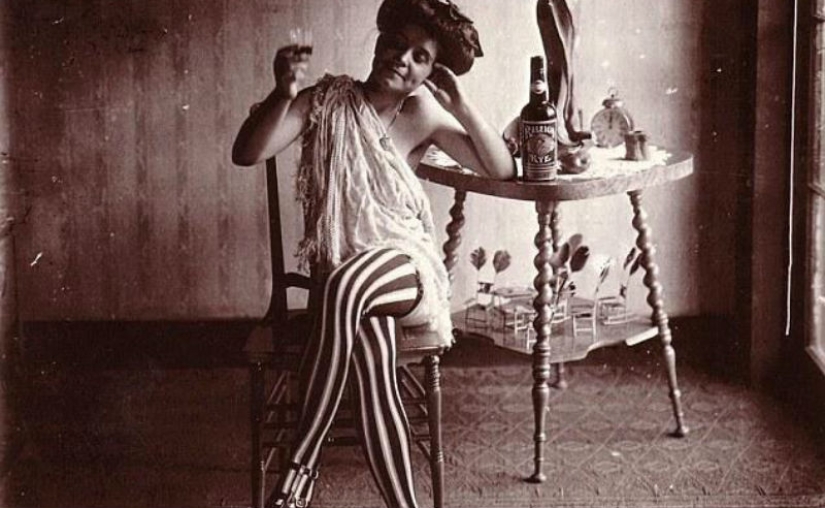

Storyville was a restricted red light district that occupied 16 blocks located next to the famous French Quarter of New Orleans. Thus, the authorities could easily monitor and regulate the work of prostitutes.
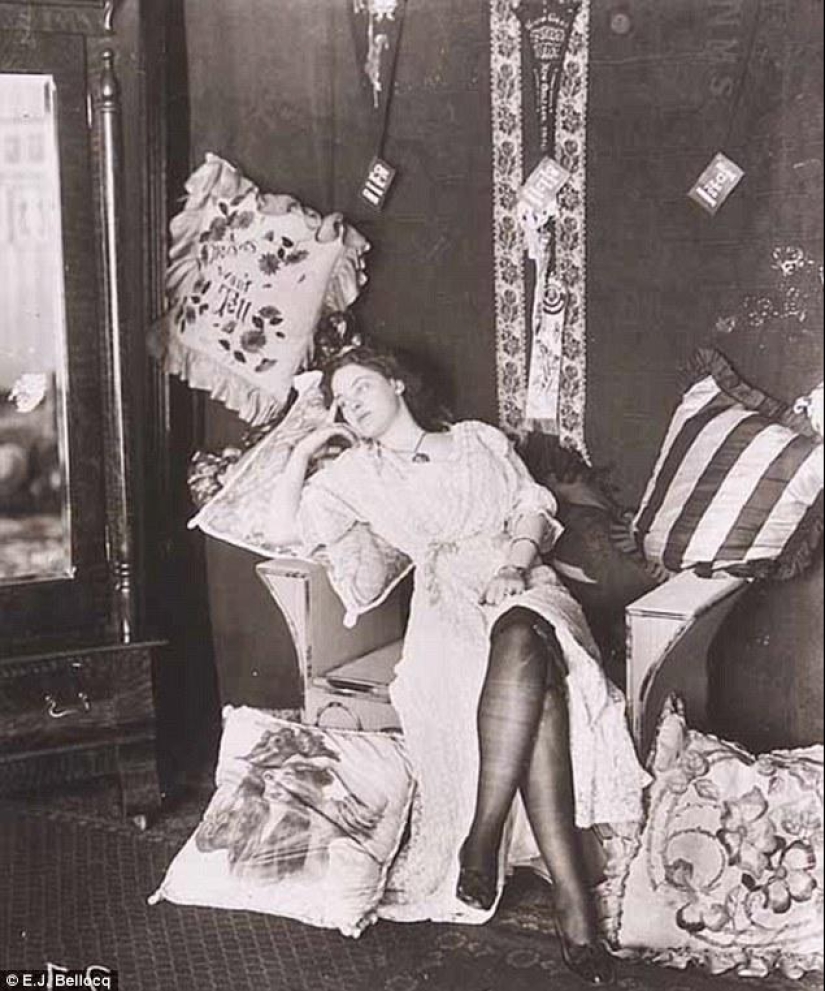
Visitors to the quarter - mostly US Marines - could buy a "blue book" in which the names, addresses and parameters of more than 700 prostitutes were listed in alphabetical order, as well as descriptions of houses, prices, services and brothels.
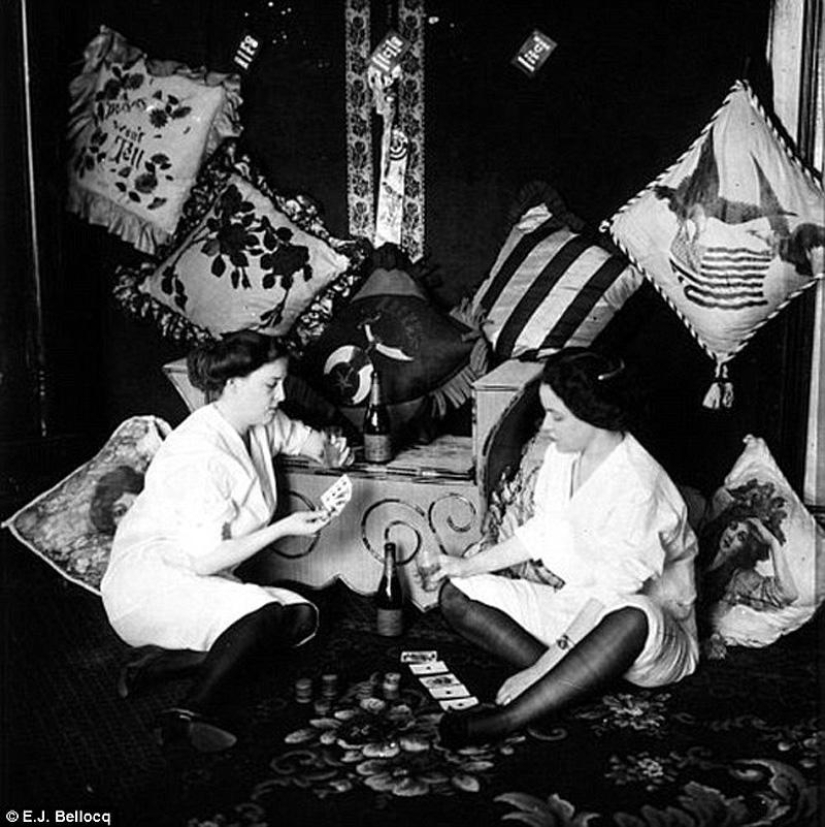
After 20 years of operation — from 1897 to 1917 - the US Navy demanded that Storyville be closed: officials said that it "has a detrimental effect" on society and the military.
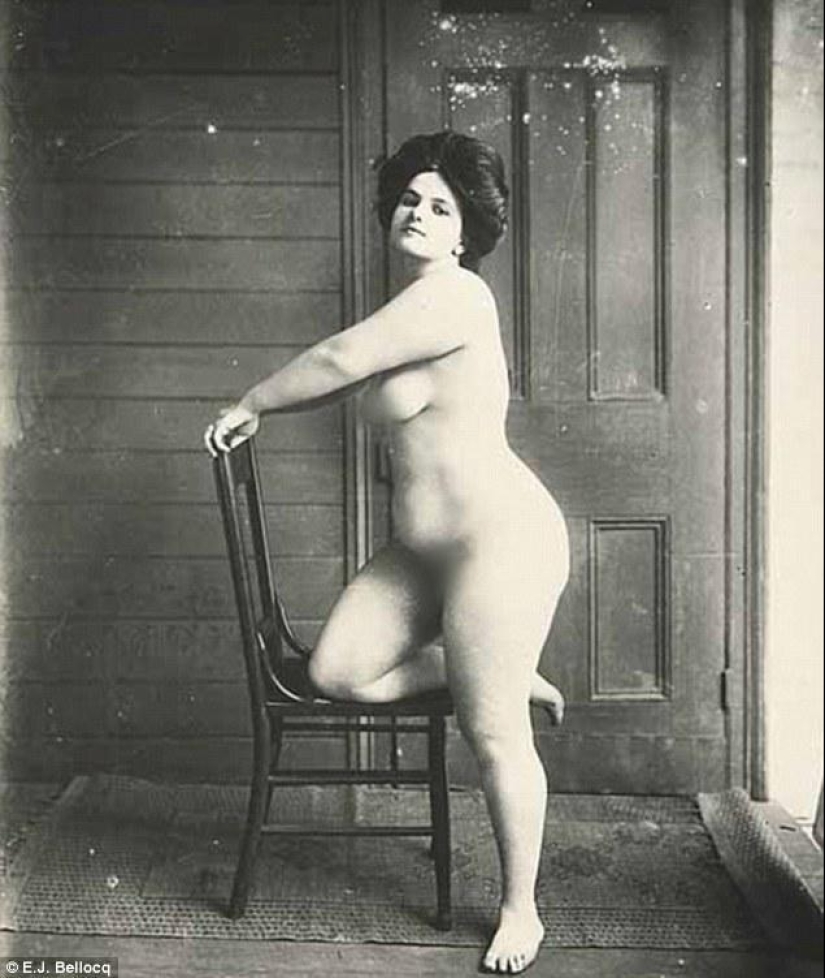
The authorities of New Orleans were against the closure of the quarter. After it was finally closed, a network of underground brothels began to spread throughout the city.
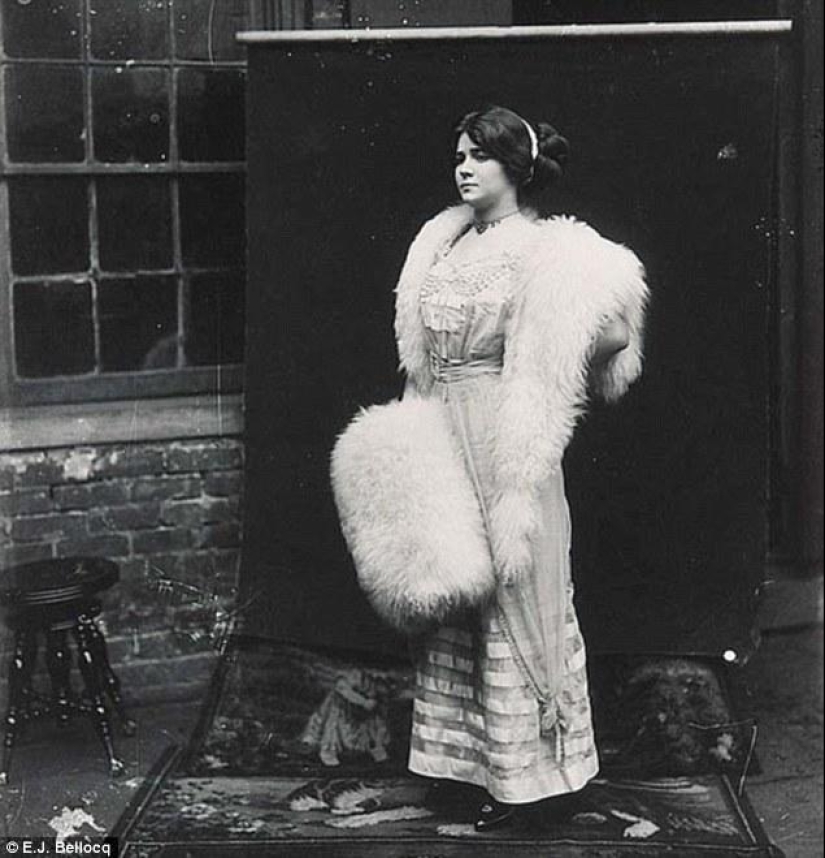
There is no information about the girls in the photo.
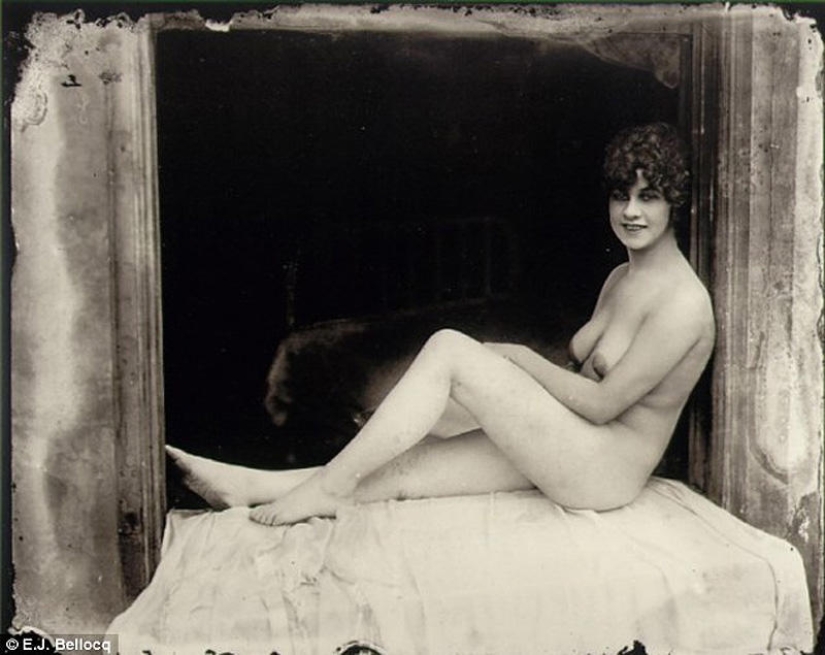
It took more than 50 years before these photos were made public in the late 60s. They were found by a young photographer Lee Friedlander.
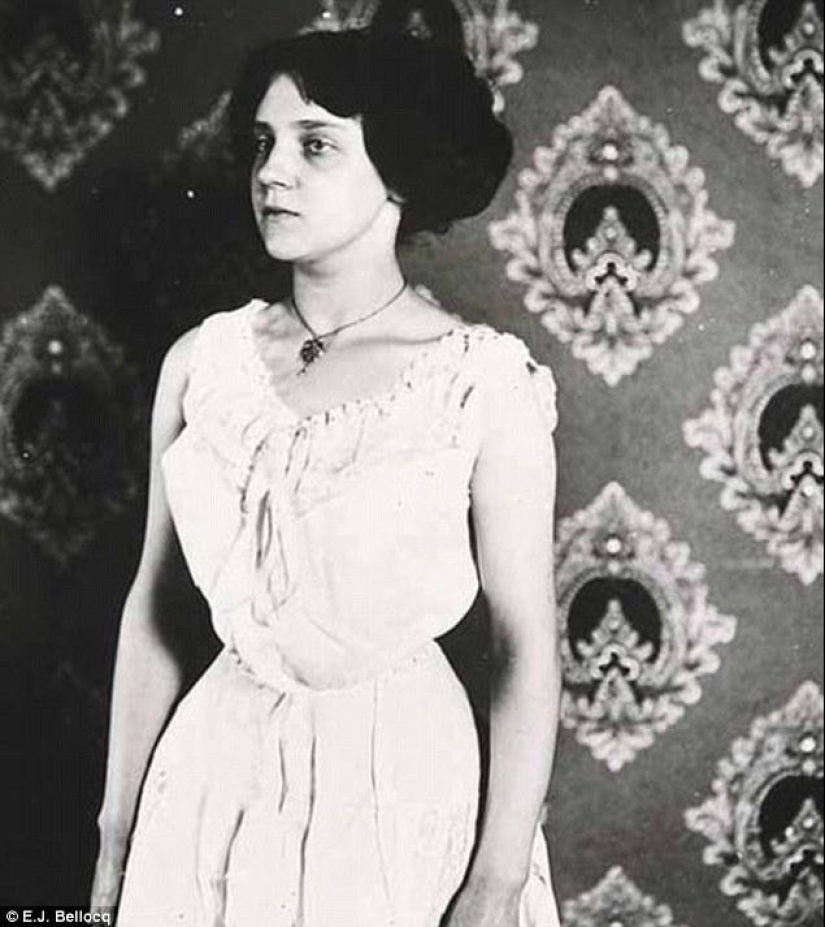
A collection of these photos was exhibited at the Museum of Modern Art in New York in 1970.
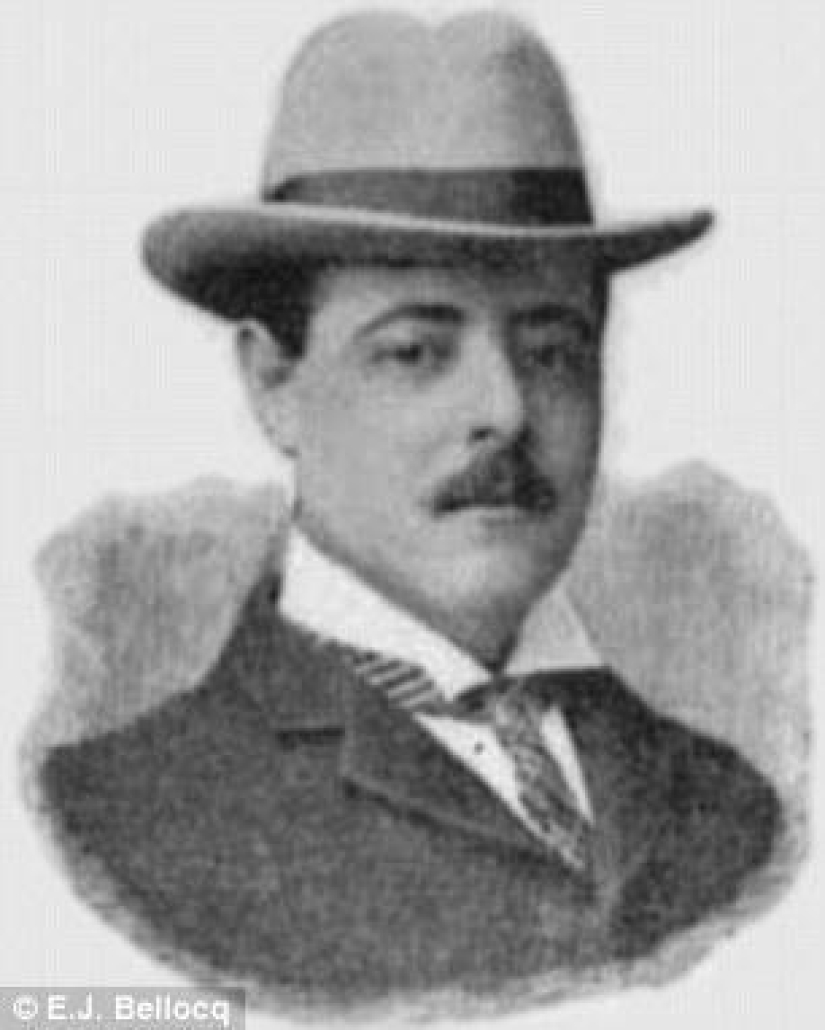
These photos were not very well known before, and the photographer himself was called an amateur. And these are the only surviving photographs of Belloc.
Recent articles

It's high time to admit that this whole hipster idea has gone too far. The concept has become so popular that even restaurants have ...

There is a perception that people only use 10% of their brain potential. But the heroes of our review, apparently, found a way to ...

New Year's is a time to surprise and delight loved ones not only with gifts but also with a unique presentation of the holiday ...